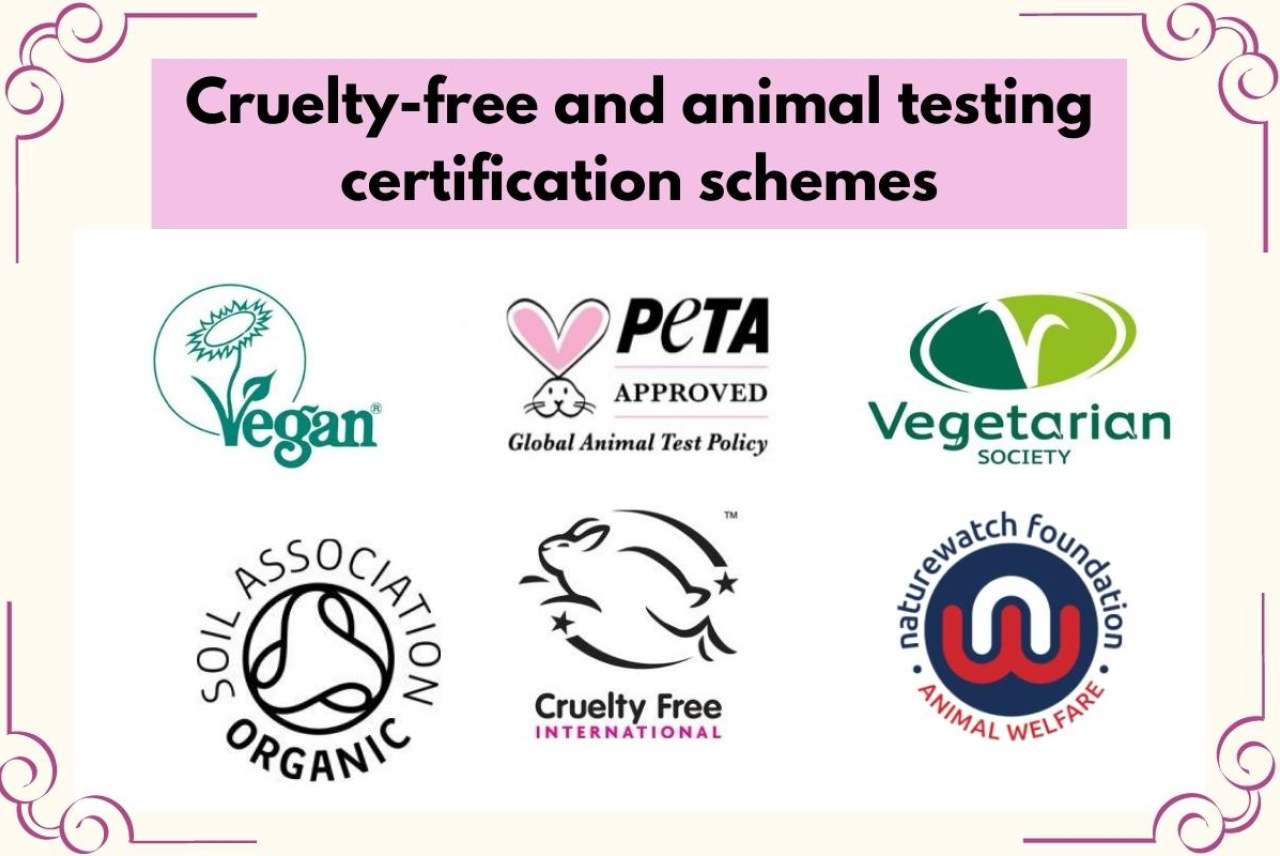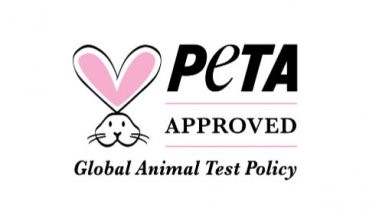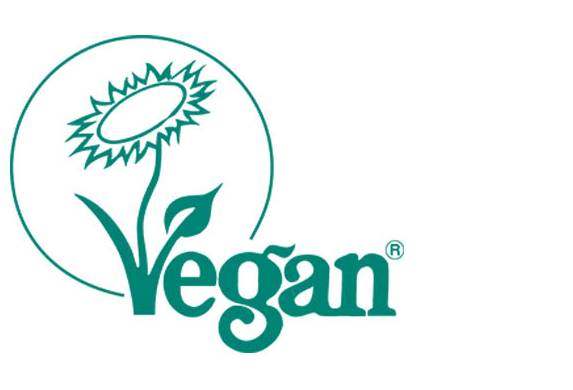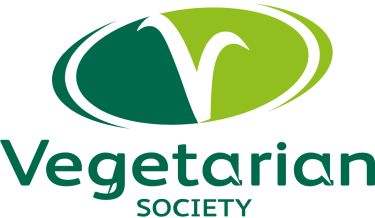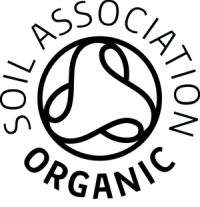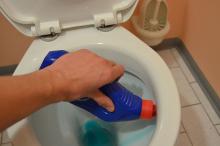Here we examine which non-animal testing certifications and programmes you can trust in the UK, including:
- Which independent non-animal testing certifications and programmes are the strongest
- What the requirements are of different certifications and programmes
For a brief introduction to what constitutes strong policies and criteria read our quick guide to non animal testing policies.
Which non-animal testing certifications are strongest?
All of the following certifiers provide some assurance against animal testing and have their own merits. We consider it to be positive for a product to be certified by any of these certifiers when it comes to animal testing.
For small companies especially, we reflect it positively in their Animal Testing rating if they are certified by any one of these schemes. Read more about how we rate companies under Ethical Consumer’s Animal Testing category in our introduction to non animal testing policies.
The Best
Cruelty Free International’s Leaping Bunny Programme and Naturewatch Foundation’s Compassionate Shopping Guide are listed joint #1 in our guide to no animal testing certifications.
Naturewatch Foundation’s guide has unparalleled scope and is the only certifier that requires the whole company group to abide by its no-animal testing requirements.
However, Leaping Bunny outstrips the guide when it comes to auditing and verifying that claims are being lived up to in reality.
These are the only schemes which require Fixed Cut-Off Dates. Our introduction to non animal testing policies has more detail on fixed cut-off dates.
